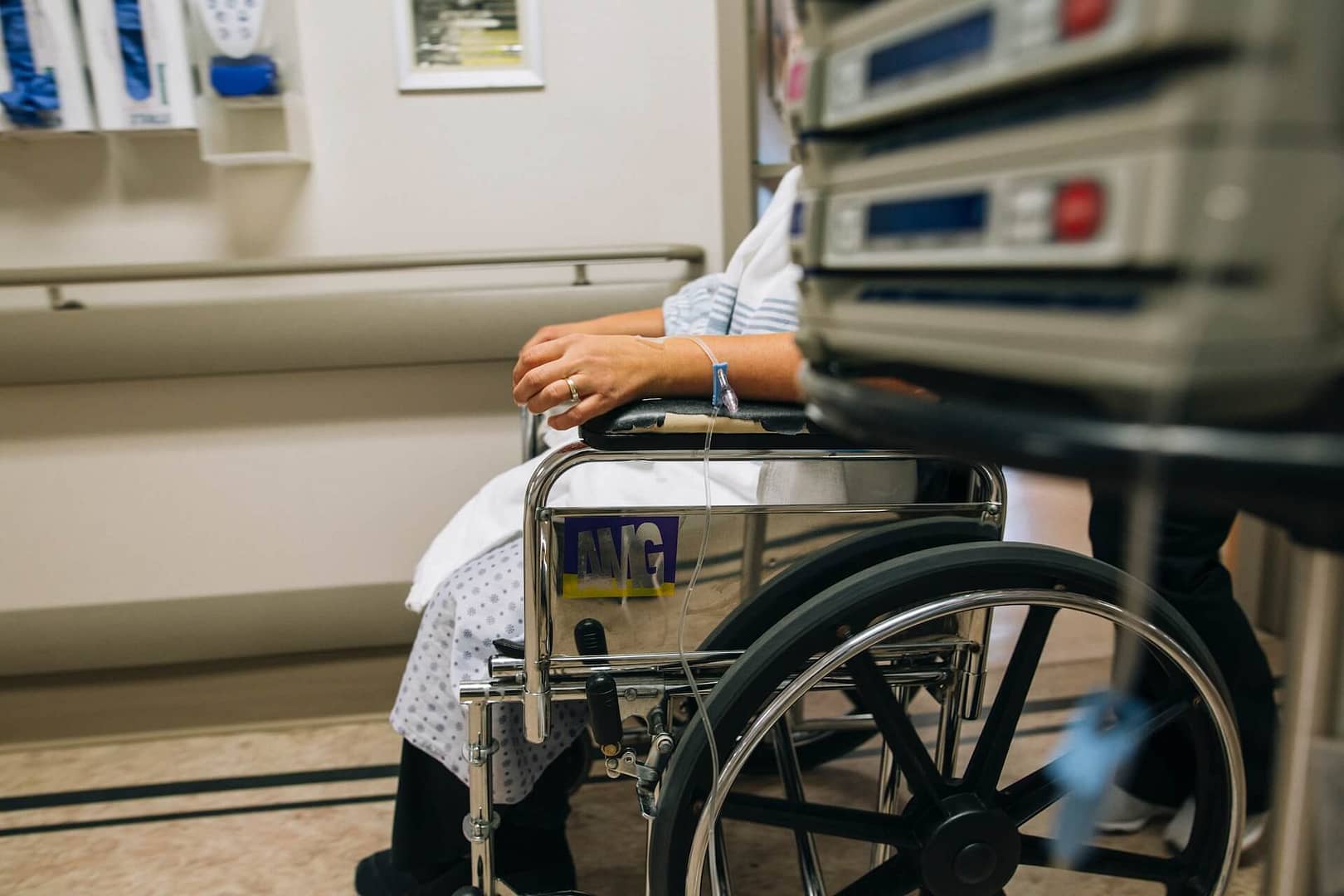In the realm of healthcare, where compassion and expertise are expected, patients with disabilities often find themselves navigating a complex web of rights and responsibilities. Disability rights and clinical negligence are two critical aspects that intertwine in the healthcare landscape, shaping the experiences of individuals with disabilities. This article delves into the Disability Act, its implications, and how it connects to clinical negligence, all while maintaining a conversational tone and avoiding real-life examples or case studies, in compliance with your request.
Understanding the Disability Act
The Disability Act, primarily rooted in legislation and regulations, plays a pivotal role in safeguarding the rights of individuals with disabilities. Its significance cannot be overstated, as it provides a legal framework to ensure equal opportunities, access, and treatment for people with disabilities. In the United Kingdom, the Equality Act 2010 serves as a cornerstone for addressing disability rights, offering protection in various areas, including education, employment, and healthcare.
Equality Act 2010
The Equality Act 2010 stands as a milestone in the UK’s legislative history. It amalgamates and enhances existing anti-discrimination laws, making it a comprehensive piece of legislation. Under this Act, individuals with disabilities are granted protection against discrimination. This protection extends to clinical settings, where clinical negligence can have profound consequences for individuals with disabilities.
The Link Between Disability Rights and Clinical Negligence
The connection between disability rights and clinical negligence is profound and far-reaching. Clinical negligence refers to a situation in which healthcare professionals fail to meet the standard of care expected in their profession, resulting in harm to the patient. When a patient with a disability becomes a victim of clinical negligence, the consequences can be particularly severe, both in terms of physical harm and the infringement of their disability rights.
Vulnerable Patients
Individuals with disabilities are often classified as vulnerable patients due to their specific needs, which may require additional attention, accommodation, or specialised care. These patients rely on the healthcare system not only for treatment but also for the preservation of their disability rights. In cases of clinical negligence, their vulnerability is accentuated, as they may face not only physical harm but also violations of their rights.
Impact on Disability Rights
When clinical negligence occurs in the context of disability, it can have severe implications for the patient’s rights. For example, a patient with a mobility impairment who experiences clinical negligence resulting in further physical harm may find it challenging to access public facilities or even their own home. This can infringe upon their rights to accessibility, safety, and dignity, as enshrined in the Disability Act.
Legal Recourse
The Disability Act is a crucial tool for individuals with disabilities who have experienced clinical negligence. It provides a legal framework for seeking justice and compensation. By utilising the provisions of the Act, patients can hold healthcare providers accountable for their actions, ensuring that their disability rights are protected and upheld.
Challenges in Ensuring Disability Rights in Clinical Settings
One of the major challenges individuals with disabilities face in clinical settings is communication. Healthcare professionals may not always be well-versed in communication methods suitable for patients with specific disabilities, such as those who are deaf or non-verbal. This lack of understanding can lead to misunderstandings, misdiagnoses, and clinical negligence.
Access to Accommodations
The Disability Act mandates that reasonable accommodations be provided to individuals with disabilities to ensure equal access to healthcare services. However, not all healthcare facilities are fully equipped to meet these requirements. In some cases, this lack of accessibility can result in patients being denied their rights and exposed to clinical negligence.
Advocacy and Awareness
Raising awareness about disability rights and the implications of clinical negligence is an ongoing challenge. Many individuals with disabilities may not be aware of their rights under the law or may be hesitant to advocate for themselves due to fear or uncertainty. This lack of awareness can make them more susceptible to clinical negligence.
Overcoming Challenges
To overcome these challenges, a collaborative effort is required from healthcare providers, policymakers, and advocates for disability rights. Improving training for healthcare professionals on accommodating patients with disabilities, raising awareness among the disabled community, and enforcing the provisions of the Disability Act are essential steps toward ensuring that disability rights are protected in clinical settings.
Making a Clinical Negligence Claim with National Claims
At National Claims, we understand the complexities that individuals with disabilities face when clinical negligence disrupts their lives. We’re committed to ensuring that disability rights are upheld and that those affected by clinical negligence receive the compensation and justice they deserve. We will walk you through the claims process.
Consultation
Our journey with clients often begins with a consultation. During this initial meeting, we take the time to understand the specific circumstances of your case. If you or a loved one has experienced clinical negligence while dealing with a disability, we’re here to listen and provide the support you need.
Evaluation
Once we have a clear picture of your situation, our team of experts evaluates the case. We consider the severity of the clinical negligence, the impact on your disability, and the infringement on your disability rights. This evaluation is crucial in determining the validity of your claim.
Building Your Case
National Claims prides itself on its dedication to building a robust case on behalf of our clients. We gather all necessary evidence, including medical records, witness statements, and expert opinions, to substantiate your claim. Our goal is to ensure that your disability rights are protected through legal recourse.
Advocating for Change
At National Claims, we believe in advocating for systemic change. Our commitment goes beyond individual cases; we strive to improve the healthcare system to prevent future incidents of clinical negligence against individuals with disabilities. By championing this cause, we hope to make a lasting impact.

Conclusion
In the world of healthcare, disability rights and clinical negligence are intricately linked, with the Disability Act and the Equality Act 2010 serving as pillars of protection for individuals with disabilities. Clinical negligence can have profound consequences for patients with disabilities, affecting not only their physical well-being but also their rights and dignity. The challenges in ensuring disability rights in clinical settings highlight the need for continued advocacy, awareness, and improvements in healthcare practices. By upholding the principles of the Disability Act and seeking support from organisations like National Claims, healthcare providers can ensure that individuals with disabilities receive the care and respect they deserve, without fear of clinical negligence infringing upon their rights.
Contact us to get a start on your claim with the help of one of our claims specialists.
Click below to see why we are one of the most trusted claims management companies in the UK.

We’re proud of our excellent customer reviews
We thrive on delivering exceptional service and ensuring our clients’ satisfaction. Don’t just take our word for it. Check out some of our independent reviews to see what our clients have to say.
Excellent

This firm is excellent, they sorted out my car pay out and injury claim very fast, they always communicate with you all the time.

My accident case was dealt with confidence and with great result of the outcome, especially James kept me informed all the time.

I was very impressed at the way my inquiry was treated. I was listened to attentively and everything I needed to know was explained to me.






